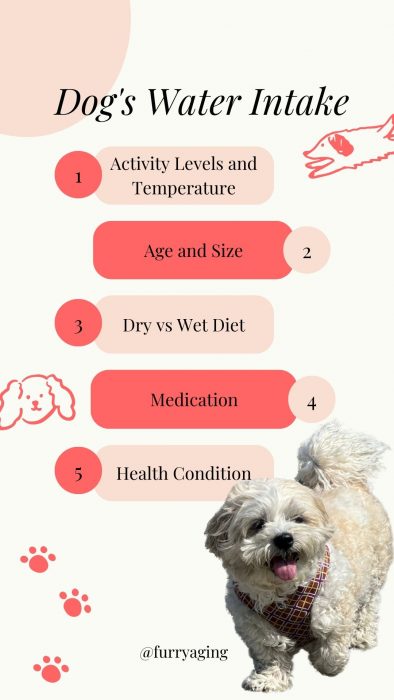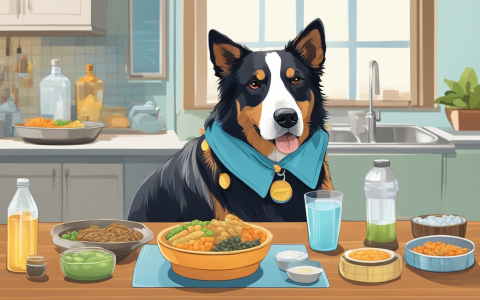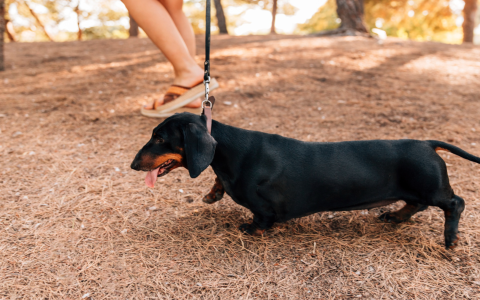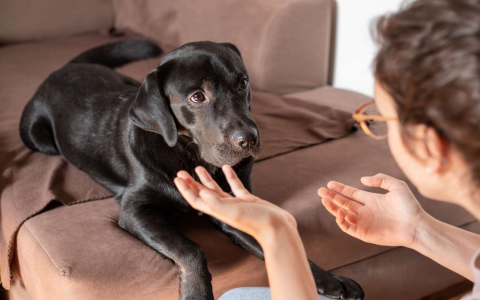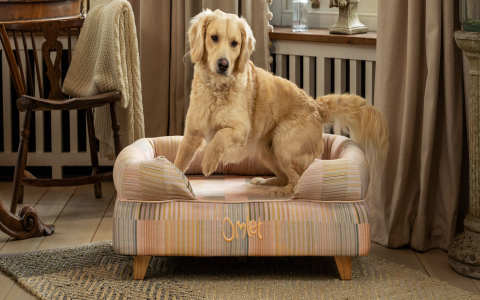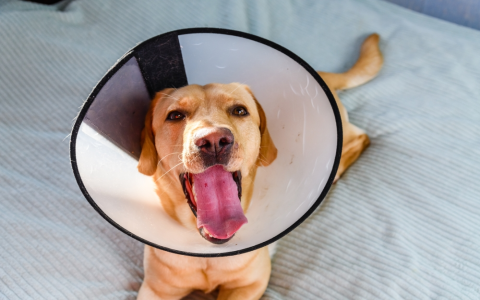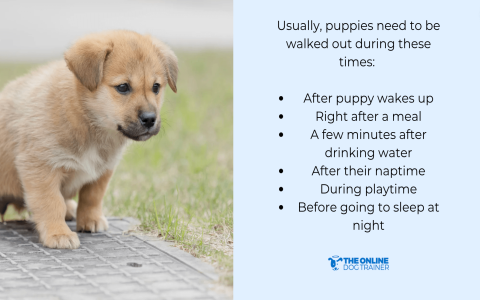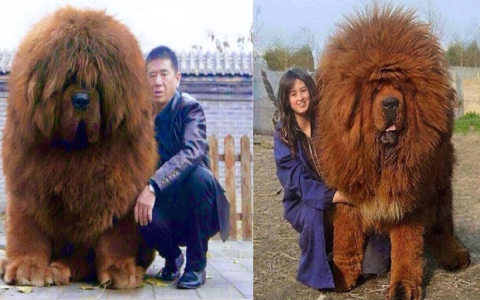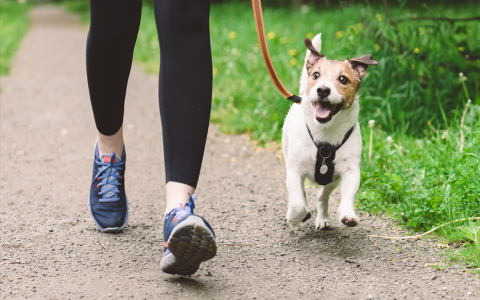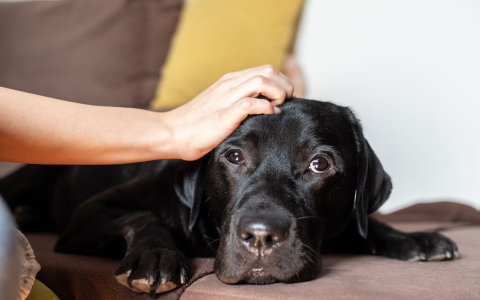Why Is My Senior Dog Drinking So Much Water? Find Out Here!
So, the other day, I noticed my old buddy, Max, my 12-year-old Labrador, was hitting the water bowl way more than usual. Like, we're talking multiple refills a day, and he's never been a big drinker. Naturally, I started to worry. He's getting up there in years, and any change in behavior gets my attention.
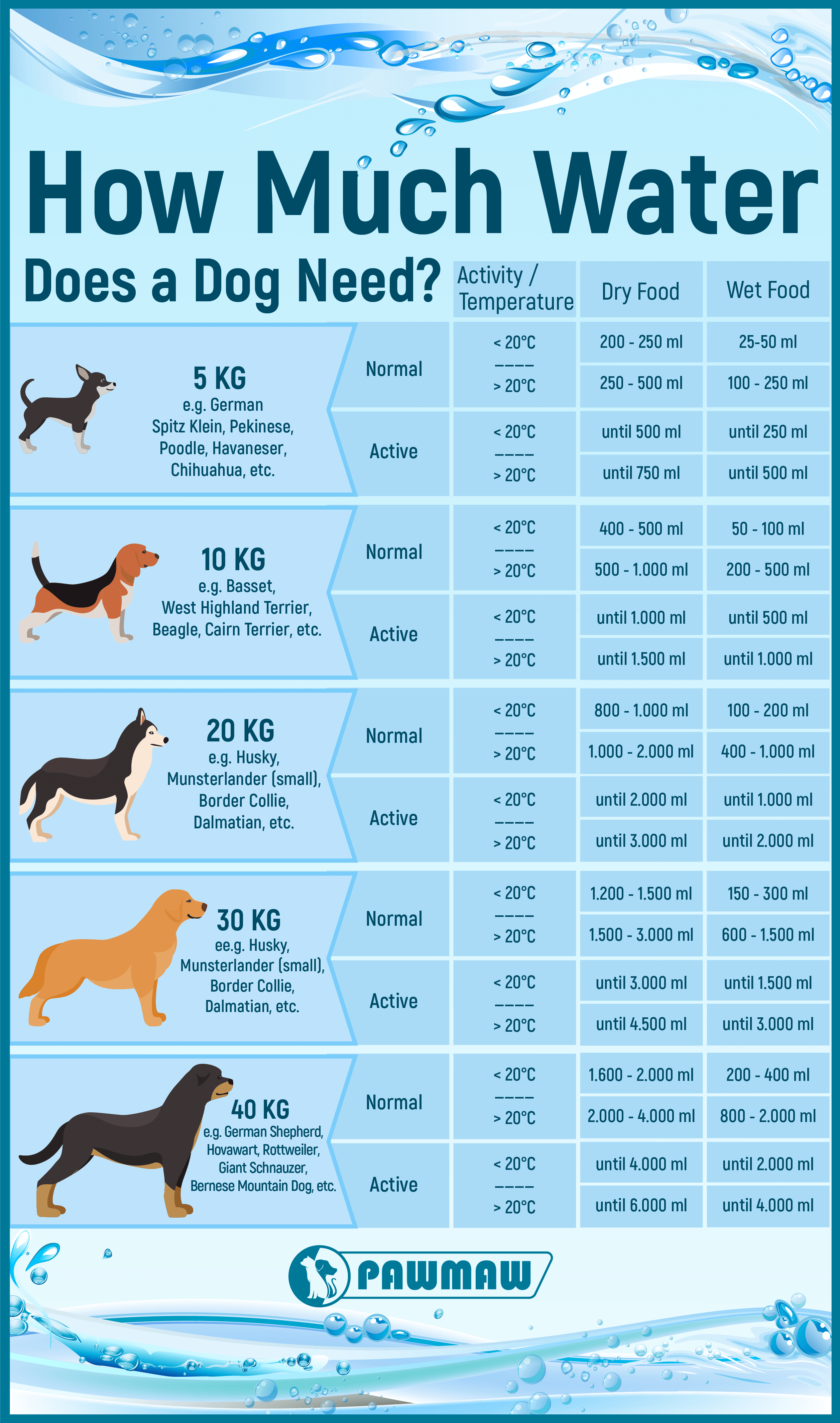
My Initial Reaction
First thing I did? Straight to Google, of course. I typed in "senior dog drinking a lot of water" and, well, the internet is a scary place. I saw everything from diabetes to kidney problems to Cushing's disease. My heart sank a little, not gonna lie. I mean, Max is family.
Calling the Vet
After freaking myself out online, I did the smart thing and called our vet. I explained what was going on – the excessive drinking, no other major changes, still eating okay, maybe a bit less energy, but he is old. The vet tech was super helpful and got us in for an appointment the next day.
The Vet Visit
At the vet's, they did a thorough checkup. They took blood and urine samples, which, let me tell you, trying to get a urine sample from an old dog is an adventure in itself. Max wasn't thrilled, but he was a trooper, as always. We waited a bit, and the vet came back to talk to us.
The Diagnosis (and Relief!)
Turns out, Max's blood sugar was a little elevated, but not dramatically. The vet said it's pretty common in older dogs. His kidney function was also a bit lower than perfect, but again, nothing alarming for his age. The vet's best guess? It's likely a combination of age-related changes, maybe a touch of early-stage kidney issues, and possibly the start of some insulin resistance, which can lead to increased thirst.
What We Did Next
So, what did we do? Well, the vet didn't recommend any drastic measures. Whew!
- Diet Tweaks: We switched Max to a senior-specific food that's a bit lower in protein and phosphorus, to go easy on his kidneys.
- More Water Bowls: I put out extra water bowls around the house, so he doesn't have to go far to get a drink. Sounds simple, but it makes a difference.
- Regular Checkups: We're going to be extra vigilant about his vet appointments. We'll be doing blood work more often to keep an eye on things.
- Monitor his peeing:I made notes about the frequency he is going * can help the vet figure out.
It's been a few weeks now, and Max seems to be doing okay. He's still drinking more than he used to, but it's not as extreme as before. He's got his usual goofy grin, and he's still up for short walks (though he naps a lot more afterward!).
The big takeaway for me? Don't panic (easier said than done, I know), and don't rely solely on the internet for medical advice. Call your vet, get your furry friend checked out, and follow their guidance. Senior dogs need a little extra TLC, and sometimes a simple change in diet or a few extra water bowls can make a world of difference.
